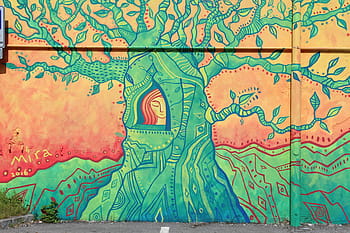Social Club
What are the traits of a social club?
A social club typically exhibits a number of key traits that outline its function, construction, and actions. Below are a few of these traits:
Membership
- Selective Membership: Membership may be open to anyone or require specific criteria, such as pursuits, career, or social status.
- Diversity: Many social clubs aim to foster range and inclusivity among their members.
Activities
- Social Gatherings: Clubs usually host occasions similar to mixers, dinners, and events to encourage networking and interplay.
- Shared Interests: Activities often revolve round common interests, corresponding to sports activities, arts, or hobbies.
Community
- Networking Opportunities: Members typically profit from connecting with others, which might result in social and skilled opportunities.
- Supportive Environment: Clubs create a way of neighborhood, offering support and camaraderie among members.
Organization
- Structured Governance: Many clubs operate with a defined management structure, op together with a president, treasurer, and other officers.
- Rules and Guidelines: Clubs sometimes have a set of bylaws or rules that govern membership, behavior, and actions.
Fundraising and Contributions
- Membership Fees: Financial contributions could also be required for membership, which can fund membership activities and development.
- Charitable Activities: Some social clubs interact in fundraising or volunteer work to offer again to the community.
Overall, social golf equipment serve as important platforms for people to attach, engage, and develop together, fostering each private and skilled relationships.
What is the main goal of social club?
The main goal of a social club is to foster a way of neighborhood and belonging amongst its members. Through organized actions and occasions, the club aims to create a supportive surroundings the place people can connect, share pursuits, and have interaction in social interactions.
Key Objectives:
- Building Relationships: Encouraging friendships and networking amongst members.
- Promoting Engagement: Offering a variety of actions that inspire participation.
- Supporting Personal Growth: Providing opportunities for skill development and studying.
- Creating Enjoyment: Ensuring a fun and relaxing environment.
Ultimately, a social club serves as a platform for people to reinforce their social lives and find a sense of belonging within a bigger neighborhood.
How does a social membership make money?
A social membership can generate revenue via various channels, usually tailor-made to its distinctive choices and neighborhood focus. Here are some ways a social membership can make money:
- Membership Fees: Regular annual or monthly charges that members pay to access membership amenities and occasions.
- Event Hosting: Organizing exclusive events, workshops, or social gatherings that may have an entry charge for members and non-members alike.
- Merchandise Sales: Selling club-branded merchandise, similar to clothing, accessories, or promotional items.
- Sponsorships: Partnering with manufacturers or local companies to sponsor occasions or actions in change for visibility and promotion.
- Food and Beverage Services: Offering dining, bar, or cafe companies inside the club, where members can enjoy meals and drinks for a price.
- Collaborative Activities: Charging for distinctive experiences like courses, workshops, or tours which might be unique to members.
By diversifying income streams, a social membership can create a sustainable financial mannequin that supports its ongoing actions and enhances member engagement.